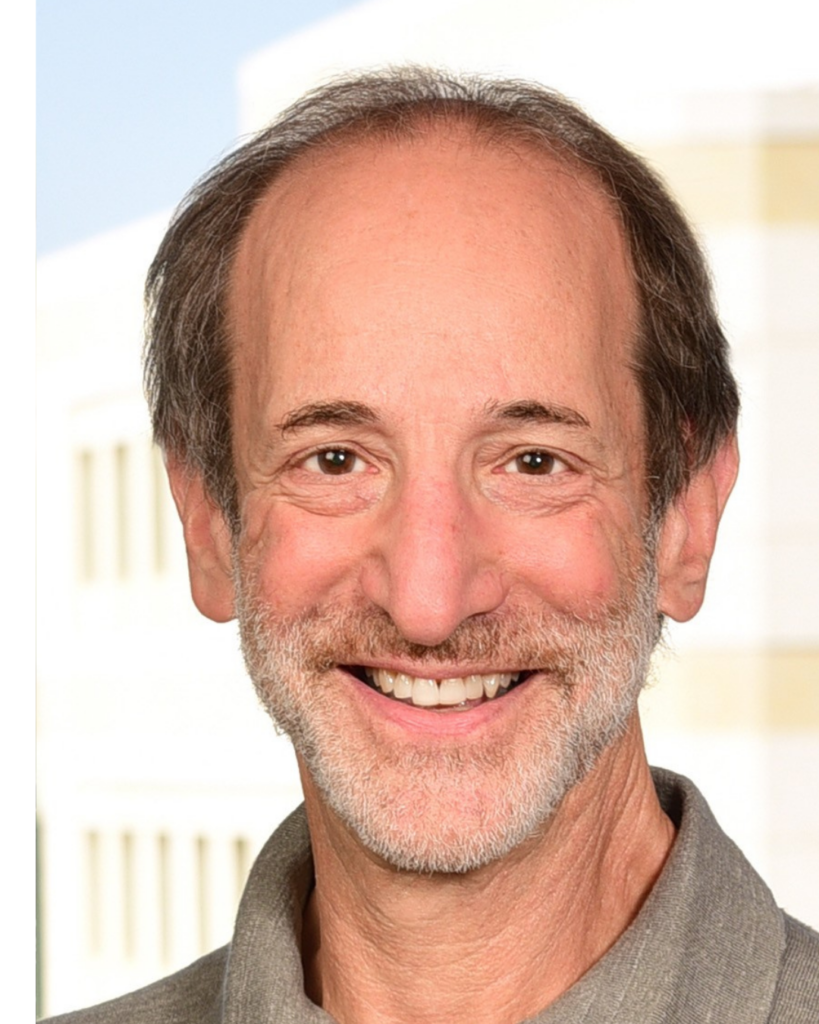
Irvine, Calif., August 7, 2024 — A pivotal study from the UC Irvine Charlie Dunlop School of Biological Sciences and NYU Grossman School of Medicine offers a fresh perspective on understanding cancer’s origins and progression. The paper, titled “The Origin of Novel Traits in Cancer,” authored by Distinguished Professor Steven Frank of UC Irvine and Professor Itai Yanai of NYU, builds on existing research to propose a significant shift in how we view cancer development.
While the concept of cellular variability has been recognized in cancer research, this study underscores its critical role not just as a sporadic phenomenon but as a central driver in the development of cancer. Unlike traditional models that focus primarily on genetic mutations, this research highlights how cellular plasticity — especially as revealed through recent advances in single-cell analysis — may fundamentally drive the novel traits that lead to tumor formation, metastasis and drug resistance.
Professor Steven Frank explains, “The novelty of our work lies in our conceptual reformulation that positions this cellular variability as the core mechanism driving cancer evolution, rather than an occasional player. This shift is supported by sophisticated single-cell technologies that now allow us to see how cells vary in time and space, revealing patterns that were previously indiscernible.”
The research emphasizes how cells naturally adapt and change throughout life, suggesting that the dynamic nature of cellular behavior can precede and even dictate genetic changes in cancer. “This intrinsic cellular variability, influenced by factors like wounds or stress, can initially help organisms adapt but may later predispose them to cancer,” adds Professor Frank.
Moreover, the study draws deep connections between cancer progression and biological development, proposing that the recombination of various developmental processes in cells can lead to the emergence of aggressive traits in cancer. Interestingly, widely observed mutations in genes such as KRAS and p53 may drive cancer primarily by causing cells to vary between developmental states and to unnaturally recombine parts of different developmental programs.
These new observations in cancer match new ideas in evolution about how organisms adapt to novel environmental challenges. “In both cancer and in nature, adaptations to new conditions often come from cells’ or organisms’ intrinsic flexibility for responding to challenge. That flexibility often links to development because the making of a new individual from one cell requires awesome flexibility and adaptability of cells and tissues. It is that developmental flexibility gone awry that leads to cancer.”
This research not only opens new paths for diagnosing and treating cancer but also aligns with broader biological principles, offering a unified view of life’s adaptability through the lens of cellular behavior and plasticity.
About the University of California, Irvine Charlie Dunlop School of Biological Sciences:
Recognized for its pioneering research and academic excellence, the Charlie Dunlop School of Biological Sciences plays a crucial role in the university’s status among the nation’s top 10 public universities, as ranked by U.S. News & World Report. It offers a broad spectrum of degree programs in the biological sciences, fostering innovation and preparing students for leadership in research, education, medicine and industry. Nestled in a globally acclaimed and economically vibrant community, the school contributes to the university’s impact as Orange County’s largest employer and a significant economic contributor. Through its commitment to exploring life’s complexities, the Dunlop School embodies the UCI legacy of innovation and societal impact. For more on the Charlie Dunlop School of Biological Sciences, visit https://www.bio.uci.edu/.
